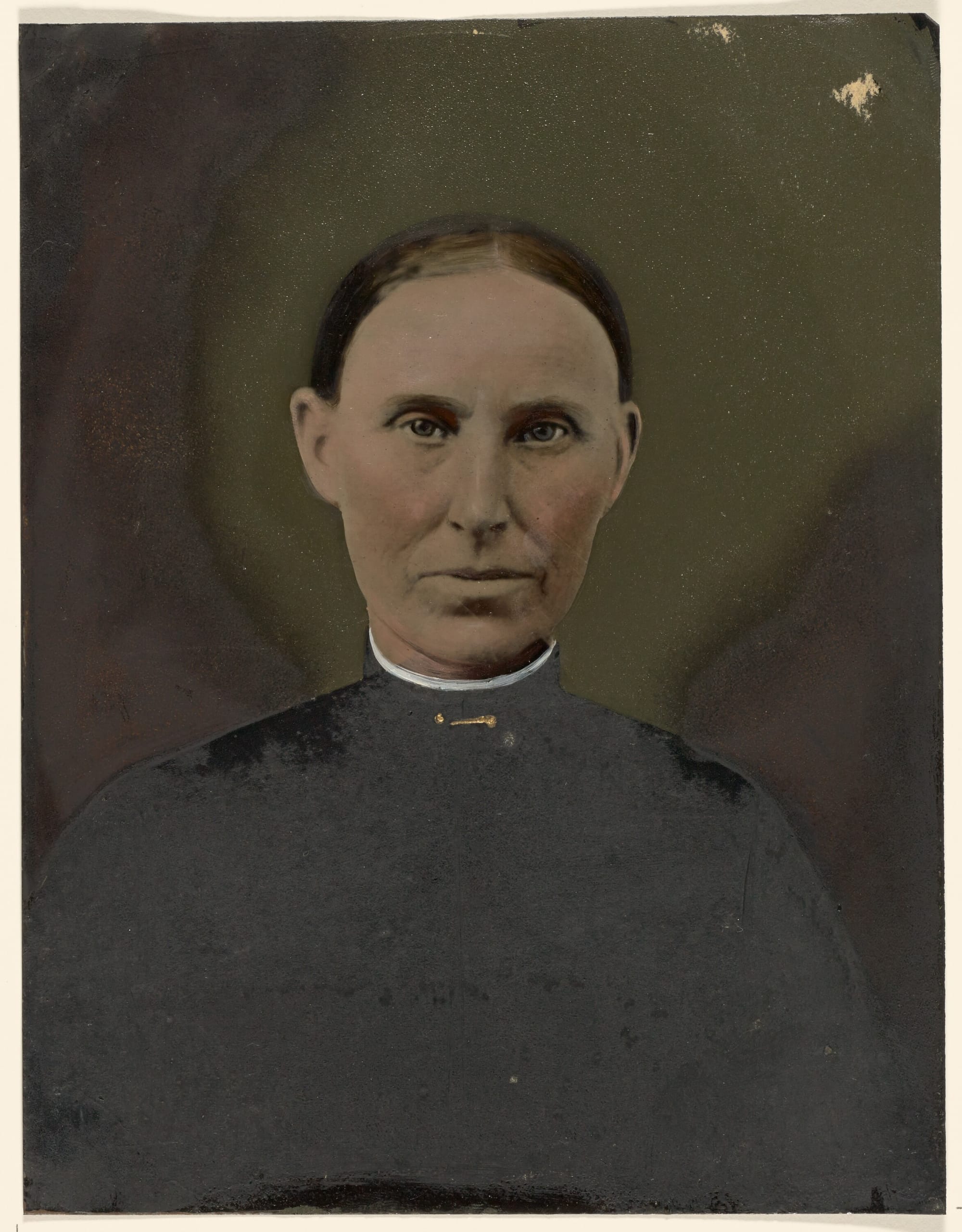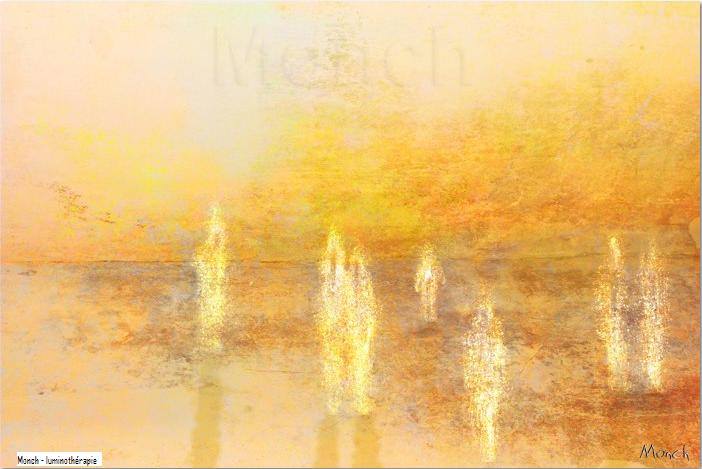The Invisible Woman — My Superpower

I have a superpower.
My superpower is a cloak of invisibility. It’s the cloak bestowed upon elderly women, whether we want it or not. This cloak is hard to remove, and once relinquished, punishment is swift.
Let me give you the most recent example of my invisibility.
The other day I had developed a relatively minor health issue that required a prescription. My doctor faxed it over to Shoppers Drug Mart (no, I will not anonymize them). Arriving about 45 minutes after the prescription had been faxed to them, I was standing in line behind an attractive younger woman and a rather cranky middle-aged man.
The girl at the Shoppers counter served these two people quickly and rather blandly suffered through the complaints of the middle-aged man. My turn now. With barely a glance, the girl said “Give me a ’sec”, then trundled off towards the back of the pharmacy area. After a minute or two, she returned to the counter, glanced quickly at me and muttered “Date of birth?”. OK, she wasn’t the perkiest; but who knows, maybe she was having a bad day.
Once my identity was established, I explain that I was there to pick up a prescription that had been faxed in (now closer to an hour ago). She commented that “There’s nothing in the system”. I suggested she check the fax machine. Sure enough, there was my prescription languishing in the tray.
She now warned me that it would take at least one hour to fill it. Now, I’m starting to question things. At this point there was no longer anyone in line behind me and the shop was close to deserted. I politely asked why it will take an hour given the lack of customers at that moment. Without even looking at me, she responded “There are lots of people in the aisles shopping while they are waiting for their prescriptions to be filled”. Well, no, unless they were all in hiding, that was clearly not the case.
I am, at that point, still willing to be peaceful and outwardly serene. But then, unsolicited, she further pointed out that I shouldn’t be surprised at the wait since the “fax just came in now”.
Liar, liar, pants on fire.
I hate being lied to, especially when the lie is unnecessary and poorly crafted. And even more so when the liar clearly believes I am too stupid to notice.
So I removed my cloak of invisibility, and pointedly remarked that no, the fax did not come in “just now”, it came in an hour ago, and it was only just now that she even deigned to look at it.
The girl was now staring at me, and I saw judgment in her face: No longer invisible, inconsequential, unimportant: I was a Karen. Not just a regular Karen, but an old Karen.
Perhaps this is a good moment to share that I am closing in on 70 years of age, or to use a baseball analogy, I am rounding third base, well past the shortstop and heading towards the home plate.
To finish up this little episode, I do know the manager (an older woman). She had overheard the exchange, pulled the young girl aside, and my prescription was miraculously ready in ten minutes.
Here is what I’ve been noticing over the last decade or two: I have become invisible. I have no value, no worth; I am barely perceived, until I speak up and become an annoyance.
When I find myself in one of those shaggy lines where it is not entirely clear who is up next, I am passed over. This happens as the others who get the nod are either male or younger (and prettier) women.
Sometimes the person who is given precedence will turn to me breathlessly and say “I hope you don’t mind, I’m in such a hurry”. Usually this is from a younger woman and almost never from a man. There seems to be the feeling that as an older woman I have nothing else to do, nowhere to go. That standing in line is somehow the exciting part of my day.
Occasionally, at places like check-out counters, which are often populated with the callow, there is no eye contact, merely an obligatory “Hello”. If I should have the temerity to ask a question, a reply will typically be a blank expression on a face that is as uninflected as the surface of an egg; perhaps accompanied by a shrug of the shoulders; or simply a disinterested “I don’t know”.
At first, I thought it was me. Perhaps I was being “extra”, asking inane questions, inflicting an unwelcome level of social interaction upon others. But no, it’s definitely not just me. I made it a point to observe others’ interactions with front-line workers (such as cashiers or bank tellers), and noted that the level of friendly engagement was much higher when the customer was a man or a younger woman. This held true both from female and male cashiers.
The other standout point (and which brings me back to the Shoppers girl who thought she could gratuitously slip a lie into her conversation and that I would not notice it) is that there seems to be the de facto assumption that, as an older person, an elder, if I ever had a reasonable level of intelligence, it must have slipped away and that my IQ has dropped precipitously into the lower double digits.
When a person who holds this belief addresses me, it is often in a loud and slow voice — as though they were speaking with the hearing impaired, or how crass English-speaking tourists often talk to those in foreign countries. Sometimes the conversation is tinged with feigned patience and forbearance, as though dealing with me and my elder ilk requires a certain tolerance to low level pain.
I am looked at as though I were some less-than-gifted student in a remedial program.
Another now typical and moderately offensive reaction is one where the younger person views me as somehow “cute”, “adorable”, “grandmotherly”. If I am seen holding my husband’s hand while walking together, we are deemed “sweet”. Yes, of course it’s sweet, but if we were younger, no one would comment in any way.
Sometimes I am described as “feisty”. Unsure how I feel about that moniker. There are likely other descriptors, but — since my hearing is indeed less than perfect — I may have missed them.
Furthermore, to step slightly toward the periphery of the issue, we have so many euphemisms or, what is more offensive, almost infantilizing terms for being older. We use “senior”, “golden age”, “50 or better”, “older adult”, “golden years”, or “seasoned”.
I even ran across “wellderly”, or “welderly”. Oh, my.
Somehow there seems to be a need to sidestep “old”, “elderly”, “elder” as though it were a distasteful and slightly embarrassing medical condition — like some revolting toe fungus. How can this terminal condition (and yes, we all are terminal in the end) be viewed with dignity and grace if we can’t even call it what it is?
Oh wait, we have the descriptor — usually applied to women — of “aging gracefully”. In essence, this describes what you have to do to be relevant, to be seen. Otherwise, you move through life in your invisible cloak.
You look so good for your age. You don’t look your age.
What we older women are being told is that, yes, society will celebrate women aging, but only if they look a certain way; that our greatest value is our outward appearance.
Ambrose Bierce wrote in The Devil’s Dictionary in 1935, with his usual lack of subtlety:
Men have a body, women are a body
My hair began turning white in my 20s. I dyed it until my late 30s and then decided to embrace my more iconoclastic self and allow my white (not silver, not platinum, not frosty: just plain white) hair to emerge. Remember, this was decades ago and white hair was not yet a fashion statement. In any case, the reactions were mixed. I really didn’t care. Really. Honestly.
Just like I don’t wear (and have never worn) makeup. I don’t care to. In the immortal words of Popeye “I yam what I yam”. Well, that’s not completely true. Between the ages of 12 and 16, I wore makeup. Then I grew up with a different mindset.
On the topic of makeup: No judgment from me if you want to wear it. Feel free to colour your hair. Get tattoos if you like. Wear short skirts, tight clothing, vertiginous heels, low cut tops, short shorts, pastels, loud colours, sackcloth… whatever brings you comfort and joy. But do it for yourself and to please your own personal sense of beauty, art, and self-adornment. Be what you want to be. Think of Bjork who wore a swan. That was gutsy.
The actress Andie McDowell described the grey hair issue in an interview. She remarked:
I’m tired of trying to be young. I don’t want to be young; I’ve been young.
And commented on how she was initially talked out of letting her hair be its natural colour, but now felt “empowered” by having grey hair.
And so we see the beginnings of the pendulum swinging in the other direction, with a normal sign of age being celebrated as “empowering”. Still, to me, it seems shallow, sad and absurd that a sense of female empowerment is contingent upon hair colour.
It seems that women are expected to age flawlessly by concealing the signs of aging. Now we find ourselves in a double bind, a Catch-22 of sorts. Not only are women expected to conceal aging, but also to conceal the effort required to do so. It’s not terribly unlike a 1960s commercial for at-home hair colour that stated:
Only her hairdresser knows for sure.
If we, older women, shed this cloak and become visible, we get a name, and it’s not reminiscent of the powerful and invisible woman, Dr. Susan ‘Sue’ Storm of The Fantastic Four (originally called the Invisible Girl, she morphed into being a Woman after her second pregnancy — don’t ask; it’s complicated).
We get “Karen”.
So who is “Karen”? Well, she started out life as a white woman around 40 years of age. She was racist, aggressive, loud. The term was quickly adopted even by white women who would define themselves as “liberal” and who used it against other white women with whom they did not relate.
Karens ask for the manager. They loudly and vulgarly berate a fast-food employee for not giving them handfuls of ketchup packages at the drive-through. They call the police when they see a non-white child loitering in their neighbourhood. Karens have a sense of entitlement. They are not only willing but want to complain.
That was the prototype model.
Then Karen evolved, or rather devolved.
According to Bitch Magazine, “Karen” was a term that was created by Black women to describe the aforementioned prototype, but then was co-opted by men.
The Guardian, reflecting on the grumpier moments of the Covid-19 pandemic, called 2020 the “Year of Karen”.
The hallowed Time Magazine (a periodical I used to respect, but now can barely read without feeling a touch queasy) called Karen an:
Internet shorthand… for a particular kind of racial violence white women have instigated for centuries—following a long and troubling legacy of white women in the country weaponizing their victimhood.
Time Magazine continued:
The historical narrative of white women’s victimhood goes back to myths that were constructed during the era of American slavery. Black slaves were posited as sexual threats to the white women, the wives of slave owners; in reality, slave masters were the ones raping the slaves. This ideology, however, perpetuated the idea that white women, who represented the good and the moral in American society, needed to be protected by white men at all costs, thus justifying racial violence towards Black men or anyone that posed a threat to their power. This narrative that was the overarching theme of Birth of a Nation, the 1915 film that was the first movie to be shown at the White House, and is often cited as the inspiration for the rebirth of the KKK.
I don’t know whether I have the credentials and intellectual wherewithal to call Time Magazine hysterical (note the irony of my word choice) or ridiculously flexing some revisionist muscles, but really? Karens and the KKK? Hyperbole, anyone?
A stand-up comedian once said that using the term Karen was tantamount to picking up the pre-sharpened tools of the patriarchy to kill another woman. Yeah, that’s succinct.
Going over to less excitable Guardian articles, their columnist Hadley Freeman argued that:
…use of the meme has become less about describing behaviour than controlling it and ‘telling women to shut up’.
Helen Lewis (also of The Guardian) noted another Catch-22:
What is more Karen than complaining about being called 'Karen'? There is a strong incentive to be cool about other women being Karened, lest you be Karened yourself.
In The Atlantic, Kaitlyn Tiffany asked:
Is a Karen just a woman who does anything at all that annoys people? If so, what is the male equivalent?
I can’t think of a good answer to this question, but the term is certainly pejorative. It is a tool to control women’s behaviour and prevent them from speaking up. In the words of writer Ahmed Pierstorff:
The Karen archetype is just the most recent, millennial-sanctioned attempt to keep women in their place.
Old word stereotypes included calling women “shrill”, “loudmouths”, “fishwives” (not to mention the more vulgar ones). Even those older terms expressed a harsher judgment on women than would have been given to men who showed the same behaviours (although if one has been working on one’s vocabulary, we could cite lout, boor, oaf, cad, churl, buffoon, brute, lummox, Philistine… but none of these terms have truly entered into the current zeitgeist).
In any case, Karen is now not only a commonplace slur but is a socially acceptable term of abuse towards women.
To be fair, perhaps having a specific term to describe the abhorrent traits of racist white women who use privilege to get whatever they want is a good and needful thing. But to take this term and apply it to all woman over 40 who speak their minds seems a misogynist and ageist stretch.
And now, men are calling other men “Karens” — a level ten insult indeed.
I think we can all see that “Karen” is used when women over 40 speak their minds, especially if those women are considered of little importance and have diminishing sex appeal. It is used when a woman aged 40 (or 'better' — ugh) asks to speak to the manager.
Well, maybe someone does need to speak to the manager, but heaven forbid it be a woman over 40.
Possibly the worst thing isn’t just how dismissive, ageist and sexist it is. What is truly appalling is how women now use the term to put down or silence other women. We used to live in a world where we might have had rational conversations, intelligent debates — but now we tend to react, call each other nasty names. We dismiss; we engage in “othering”. And if the invisible woman shakes off her cloak, she is likely to hear “Oh, is that what you think, Karen?”
So, ladies (and gentlemen), when you call a woman Karen, not only are you telling her in what is now socially acceptable language to quiet down, you are placing her in the Catch 22 situation described earlier. If the woman tries to deny her “Karen-ness” it only boomerangs back. She can’t complain about being called a Karen without somehow becoming more of one.
Sisters, older invisible women: Don’t pipe down. Don’t shut up. Speak for yourselves, speak for your daughters. We’ve shut up for centuries. When situations arise that warrant our shedding the cloak of invisibility and that of silence, speak up: politely, assertively and unapologetically.
There’s nothing wrong with asking for the manager. That’s why she gets paid the big bucks.
And, finally, a classic clip for your enjoyment:
Would you like to read other posts? If so, please click the Home Page link below:

You, Dear Reader, are much needed and appreciated.
Everything written requires a reader to make it whole. The writer begins, then you, dear reader, take in the idea and its image, and so become the continuation of its breath. Please subscribe so that my words can breathe. Consider this my hand, reaching out to yours.
